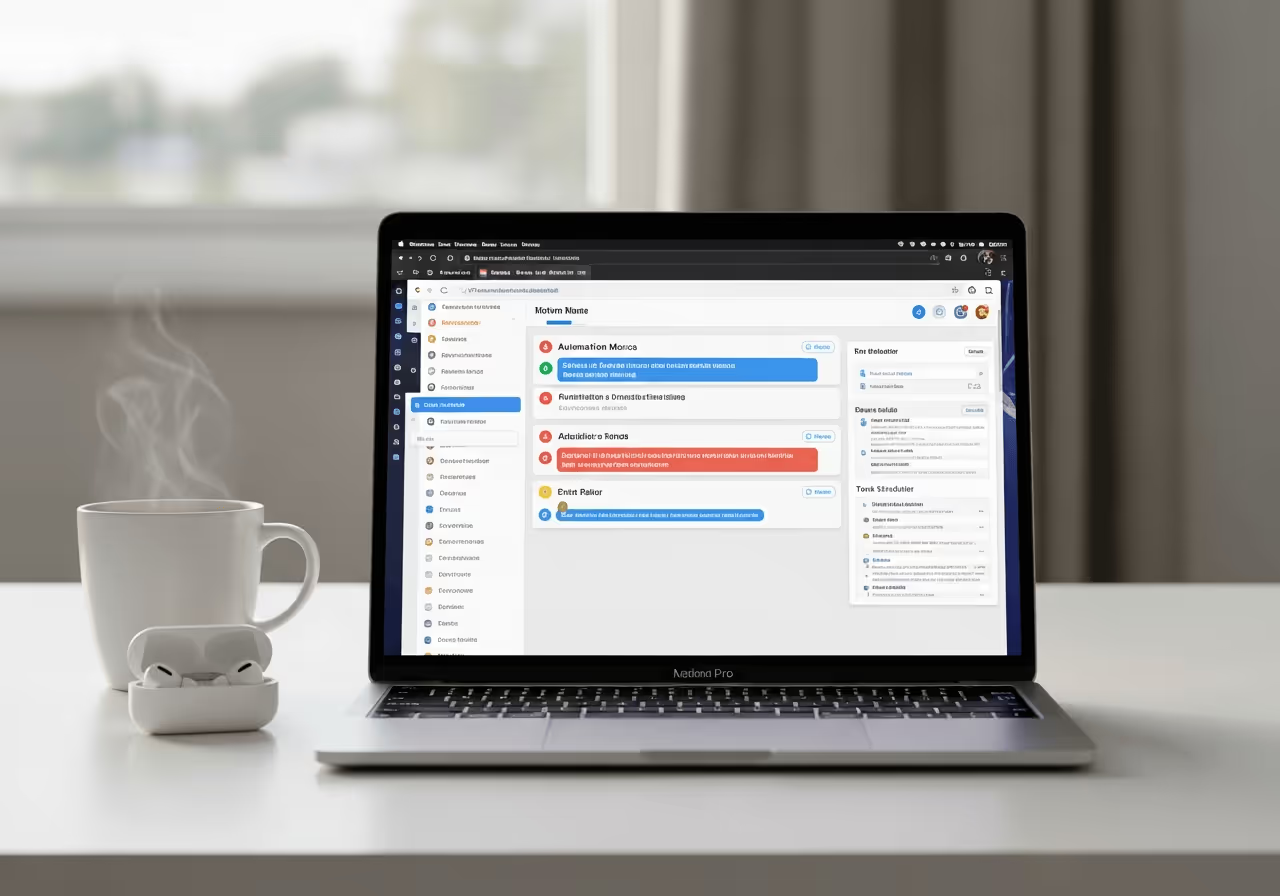Free Email Marketing Software: What’s the Catch?

November 21, 2025

In the bustling world of business, marketing is the driving force that propels customer engagement and sales. Amongst various strategies, email marketing continues to shine as a cornerstone for brands to connect with their audience. However, the rise of "free email marketing software" has piqued interest and skepticism alike. While these tools promise ease and cost-effectiveness, one might wonder if there's a catch. Let's unravel the myths and realities surrounding these platforms and explore how they can fit into your business strategy.
Advantages of Free Email Marketing Software
Cost-Efficiency
For startups and small businesses, budget constraints often pose a significant hurdle. Free email marketing software can be a lifeline, enabling emerging businesses to access professional tools without blowing their budget. The primary appeal here is the ability to deploy campaigns effectively while conserving financial resources.
Accessible Features
Many free options provide a surprising range of features that cater to basic marketing needs. You can often create templates, segment lists, and analyze basic metrics, all without spending a dime. This accessibility can help nascent marketers build foundational strategies without a steep learning curve.
Potential Drawbacks of Free Software
Limited Functionality
While free email marketing software offers a great starting point, these platforms frequently impose restrictions. Features like advanced analytics, automation, and A/B testing may be out of reach until you upgrade to a paid plan. For businesses aiming to scale, these limitations can become frustrating obstacles.
Branding and Advertisement
One common trade-off with free tools is the presence of the software provider's branding in your emails. Additionally, you may encounter advertisements, which can detract from your brand's professionalism and dilute your messaging. Understanding these aspects helps set realistic expectations.
FeatureFree VersionPaid VersionTemplate VarietyBasicExtensiveAutomationLimitedAdvancedAnalyticsSimple MetricsIn-Depth Reports
Choosing the Right Tool
Assessing Your Needs
When selecting a free email marketing software, it's crucial to align your choice with your business goals. Consider what features are most vital for your operation and whether the offered limitations will impede your growth. This proactive approach aids in avoiding the pitfalls of underserving your own marketing initiatives.
Scalability Concerns
Think ahead: is the software adaptable enough to grow with your business? As you scale, the need for more sophisticated features becomes inevitable. Opting for a free tool that offers affordable upgrades can mitigate future disruptions and maintain seamless growth.
Free email marketing tools indeed offer an enticing gateway into digital marketing. Yet, as with any tool or service, weighing the benefits against the limitations is paramount to leveraging them efficiently.
FAQs
1. Can free email marketing tools truly drive business growth?
Yes, they can be incredibly effective for startups or small businesses looking to grow their email lists and connect with customers. However, as your needs become more complex, premium versions might be necessary to access advanced features.
2. What should you look for in a free email marketing tool?
Key components to consider include user-friendliness, template availability, and integration capabilities with other tools you use. These elements ensure that the software complements your existing operations.
3. Are there any hidden costs involved in using free versions?
While the basic features may be free, expect potential costs as you require more robust features. Evaluate the cost structure carefully to avoid surprises.
4. How do free tools impact email deliverability?
Most reputable free tools maintain good deliverability standards. However, your tactics, like avoiding spammy content, significantly affect how well your emails reach the inbox.
5. How do service providers benefit from offering free email marketing tools?
These tools often serve as a gateway to paid plans by allowing users to experience the platform’s basic features. Providers see it as a long-term investment in customer acquisition.
In closing, free email marketing software brings both enticing opportunities and notable limitations. Businesses must navigate this landscape with a strategic mindset, leveraging these tools to maximize efficiency and growth potential. Whether you're a startup or a more established entity, understanding the capabilities and restrictions will ensure that your marketing efforts are both practical and sustainable.
Your Perfect SaaS Tool is Just a Click Away
Disclosure
you, but we only recommend SaaS tools we trust for small businesses.



















































































